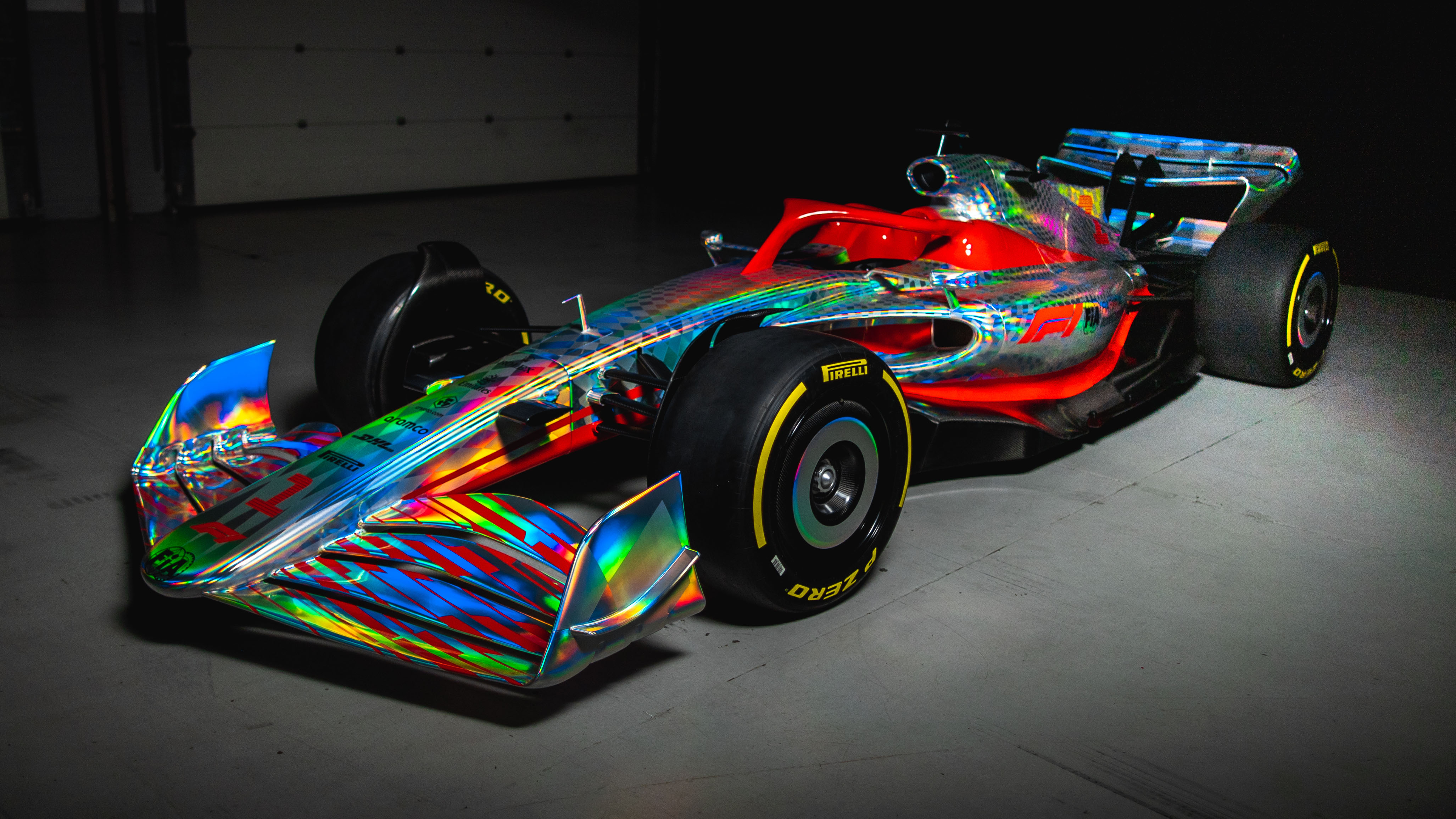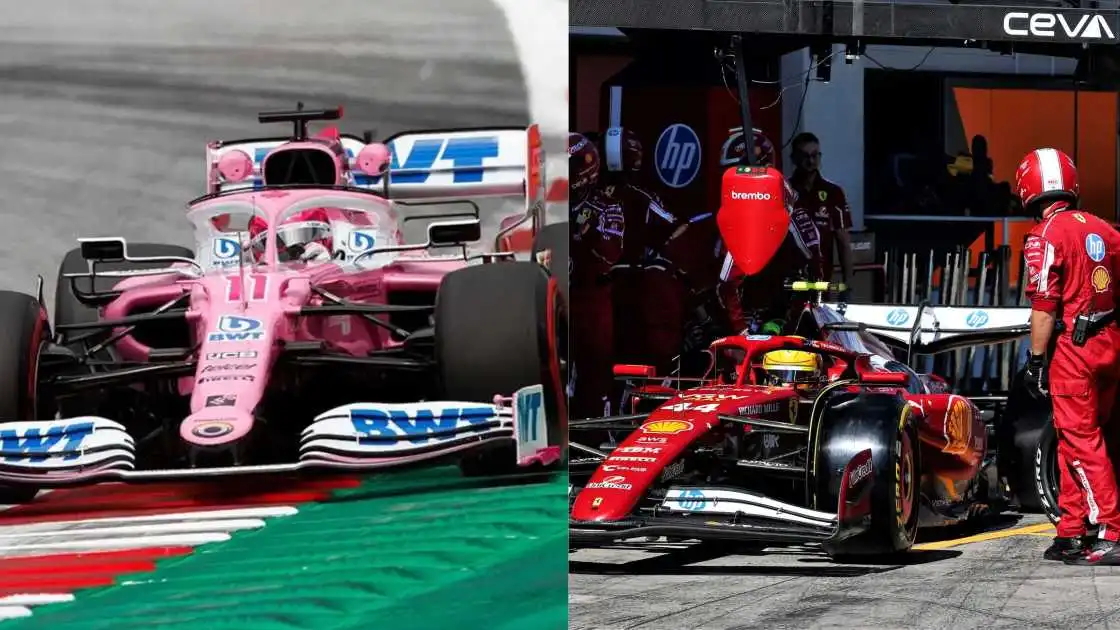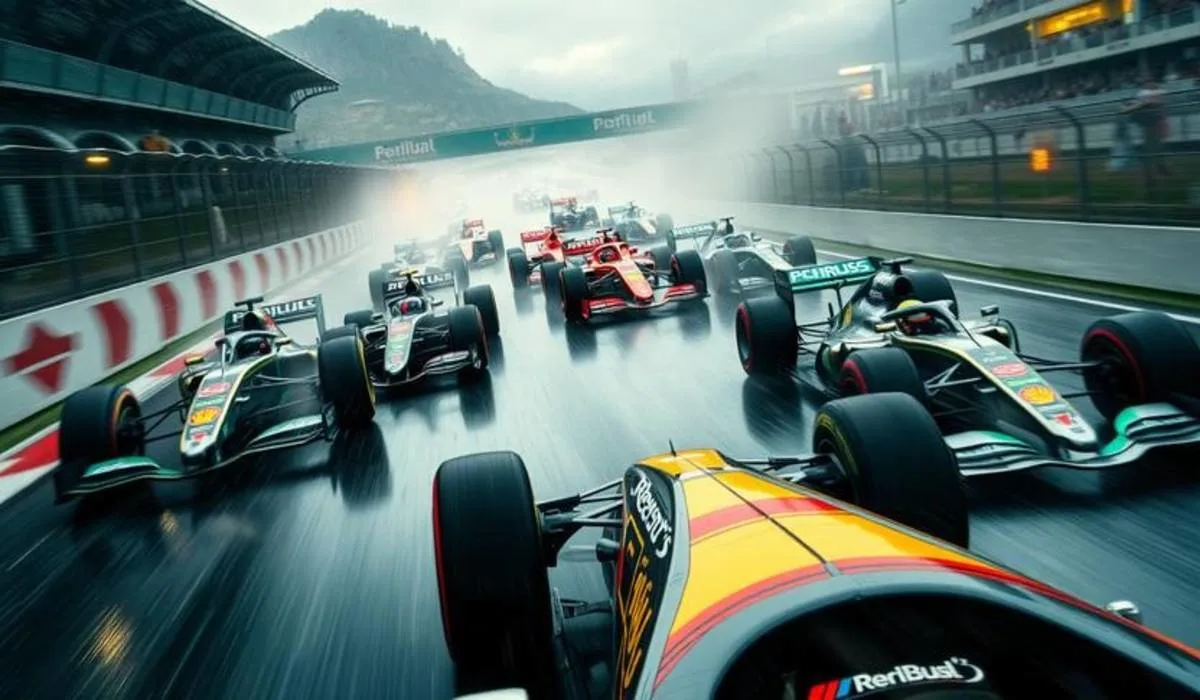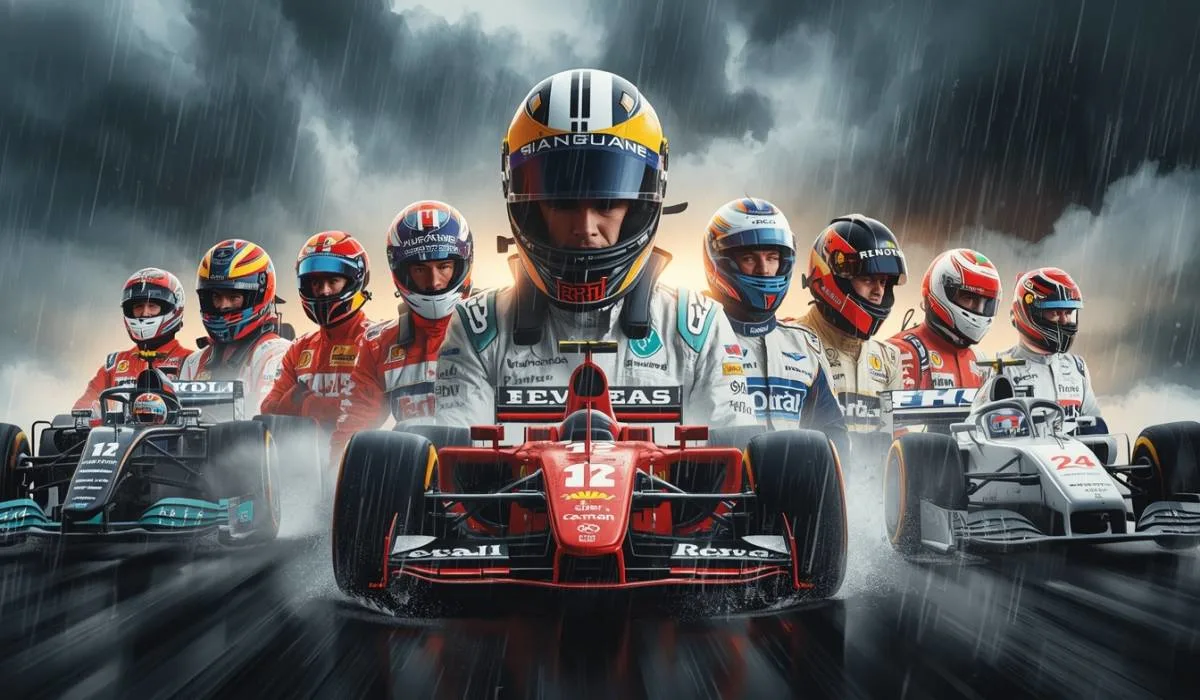
Formula 1 is one of the most exciting sports in the world. It’s all about fast cars, quick thinking, and intense competition. Every race brings a new level of energy and thrill, as the world’s best drivers battle for victory. But what really makes Formula 1 so special? Let’s take a closer look at the sport, its incredible speed, and the precision that drives each race.
What is Formula 1?
Formula 1 is a type of car racing, often seen as the peak of motorsport. The sport features incredibly fast cars that can zoom around tracks at mind-blowing speeds. It's not just about going fast, though. Drivers need to have great control, strategy, and teamwork to succeed. The Formula 1 series features a number of races each year, held on circuits all around the world. These races are known for their speed and precision—drivers need to be sharp and make the right decisions at every moment.
Speed and Precision in Formula 1
When it comes to Formula 1, the two key words that come to mind are speed and precision. These are what make Formula 1 racing so thrilling.
1. Speed: The Heart of Formula 1
In Formula 1, speed is everything. The cars are designed to go as fast as possible, with top speeds of over 230 miles per hour (370 km/h) on certain tracks. But, speed isn’t just about the straightaways. F1 cars are built to go fast on curves, too. This means that drivers have to be skilled enough to manage high speeds in every part of the track, not just the straight lines.
- Car Design: F1 cars are built with lightweight materials like carbon fiber to ensure they can reach high speeds. The engines are powerful, and the tires are designed for maximum grip on the road.
- Aerodynamics: The shape of the car also helps it maintain high speeds. The aerodynamic design helps reduce air resistance, making the car faster on straightaways and in corners.
2. Precision: A Must for Success
While speed is important, precision is what sets great drivers apart. Even a slight mistake can cost a driver valuable time, and in F1, time is everything. Precision is needed in many areas:
- Cornering: F1 drivers must take each corner at the perfect speed, not too fast or too slow. If they take the turn too wide or too tight, they can lose time and place.
- Braking: Braking at the right moment is critical. F1 cars use high-tech braking systems that help drivers stop quickly but still maintain control. The timing of each brake can make or break a race.
- Pit Stops: Pit crews also need to be precise. During pit stops, the team changes the tires and refuels the car in just a few seconds. A small mistake can waste valuable seconds.
3. The Role of Technology in Precision
Technology plays a huge part in the precision of Formula 1. From advanced data analytics to smart engines, F1 cars are equipped with the latest tech. Teams use sensors and software to monitor the car’s performance in real-time, adjusting the settings during the race to get the best results.
The Drivers: Masters of Speed and Precision
The heart of Formula 1 lies in its drivers. They need to be fast, smart, and precise. A good driver not only needs to have great reflexes, but they also have to be excellent at reading the race and making split-second decisions.
Top F1 Drivers
Some of the best drivers in the world come from Formula 1. Here are a few that have stood out in recent years:
- Lewis Hamilton: With multiple World Championships, Lewis Hamilton is one of the most successful F1 drivers of all time. His speed, consistency, and precision on the track have made him a legend.
- Max Verstappen: Known for his aggressive driving style, Verstappen has quickly become one of the top competitors in F1.
- Charles Leclerc: A young and talented driver for Ferrari, Leclerc has shown great potential to be a future champion.
The Tracks: Where Speed Meets Precision
Each Formula 1 race takes place on a specific track, and no two tracks are the same. Some are built with fast straights, while others are full of sharp turns and challenging corners. The design of the track itself can affect the speed and precision needed from the drivers.
Famous F1 Tracks
- Monaco Grand Prix: One of the most famous tracks in F1, known for its narrow streets and tight corners. This race requires perfect precision and careful handling.
- Silverstone Circuit (UK): A high-speed track where drivers push their cars to the limit.
- Circuit de Spa-Francorchamps (Belgium): A track that challenges drivers with a mix of speed and tricky corners.
How Speed and Precision Lead to Victory
In Formula 1, winning isn’t just about who is the fastest. It’s about who can balance speed and precision the best. Here’s how both play a key role in winning a race:
- Speed on the Straights: In parts of the track where the road is straight, the driver needs to go as fast as possible to gain time over the others. Speed here can help you get ahead.
- Precision in Corners: When it’s time to make turns, a driver’s ability to take the corner perfectly is what makes the difference. Too wide, and you lose time; too tight, and you risk spinning out.
- Pit Stops: The fastest team in the pits can give their driver the edge. A quick pit stop can make the difference between winning and losing.
Why is Formula 1 So Exciting?
The combination of speed and precision is what makes Formula 1 so exciting. Fans love to watch how every driver faces different challenges on each track. Whether it’s high speeds or tricky corners, each race is a new adventure. The cars go faster than anything most people will ever experience, and the competition is fierce. It’s a sport where every second counts, and where only the best drivers can take the crown.
Conclusion: The Thrill of Formula 1
There’s no other sport quite like Formula 1. The speed, the precision, and the skill of the drivers all come together to create one of the most thrilling experiences in the world of sports. Whether you’re a long-time fan or just getting into it, there’s always something exciting to watch in F1.
FAQs
1. What makes Formula 1 so special?
Formula 1 is special because it combines incredible speed and precision. The cars are super-fast, but the drivers must be precise in their control of the car, making split-second decisions.
2. How fast do Formula 1 cars go?
Formula 1 cars can reach speeds of over 230 mph (370 km/h) on some tracks, making them some of the fastest vehicles in the world.
3. Who are the best Formula 1 drivers?
Some of the best Formula 1 drivers include Lewis Hamilton, Max Verstappen, and Charles Leclerc. These drivers have shown amazing speed and precision on the track.
4. What is the role of technology in Formula 1?
Technology plays a huge role in Formula 1 by helping teams monitor the performance of the car in real-time. Sensors and software help adjust settings for better precision and speed.









